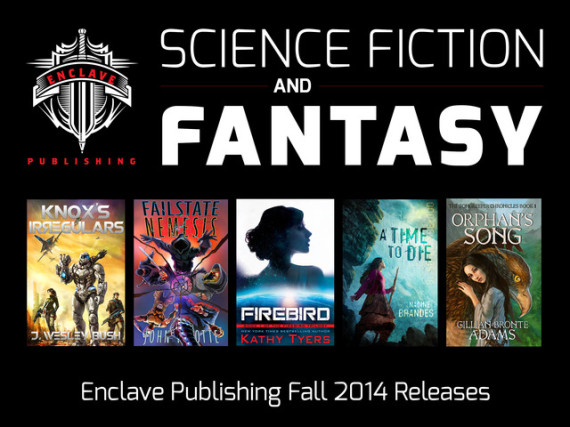“To me, characters lie at the heart of any story. Characters drive what happens when and where, and the way they grow and change over the course of a story is what makes a book either memorable or easily forgotten in the already-read pile.
But it seems to me that in Christian fiction, we too often think of a character’s arc as the path they take to learn a lesson by the end of the book, rather than the change and growth achieved along the journey. We put the cart before the horse, and often fall into the trap of preaching a Sunday School lesson rather than telling a whopping good tale.
The problem with this is that it doesn’t feel real.
I don’t know about you, but in my life, I’ve made my share of mistakes, been through tough times, and learned from them. But those lessons were rarely tied up in a neat little bow. More often, they were like Eustace’s change in Lewis’s Voyage of the Dawn Treader, who “began to be a different boy” after he was un-dragonized.
We tend to muddle our way through life, changing, growing, and hopefully being shaped more into Christ’s image each step of the way.
Change rarely happens overnight in the big lessons learned. It is far better seen in the little moments, in the gradual slipping from one decision to the next.
I would venture to say that the purpose of Bilbo’s journey in The Hobbit was not to show how he could come home a different hobbit than the one who had set out. That was just a byproduct of the quest. Don’t get me wrong—change in a novel is important. It is a sign of growth and life, and if the character who walks offstage at the end of the novel is the same as the one who stepped onstage at the beginning, you probably have a problem.
But I believe the true heart of a story is less about teaching your character (and thus the audience) that A is wrong and they should become B instead, and more about showing your character wandering from A to B, changing and being affected by their decisions along the way.
Otherwise, you risk winding up with a story that feels like a collection of scenes and pithy statements contrived to teach your character, and by extension the reader, a lesson. Like old fairy tales where every story had a moral. “Be polite to strangers … or bad things could happen to you.”
In the end, character growth comes down to the old “show your story, don’t tell it” adage. Often when characters “learn a lesson,” what you’re really seeing is the author intruding into the novel to impose a sermon on the story. I’m not saying it can’t be done, or that there isn’t a time or place for it, but that’s when readers are more likely to complain that Christian fiction is preachy rather than impactful.
On the other hand, character change that naturally follows the course of events and is seen through actions rather than told through what has been “learned,” results in a much more vibrant story. A story that feels true rather than contrived. A story that may stick with the reader long after the last page has been turned.
What are some elements of character growth that you think encourage a story to be impactful without being preachy?
GILLIAN BRONTE ADAMS is a sword-wielding, horse-riding, coffee-loving speculative fiction author from the great state of Texas. During the day, she manages the equestrian program at a youth camp. But at night, she kicks off her boots and spurs, pulls out her trusty laptop, and transforms into a novelist. She is the author of Orphan’s Song, book one of the Songkeeper Chronicles, and Out of Darkness Rising. Visit Gillian online at her blog or Facebook page.





Recent Comments